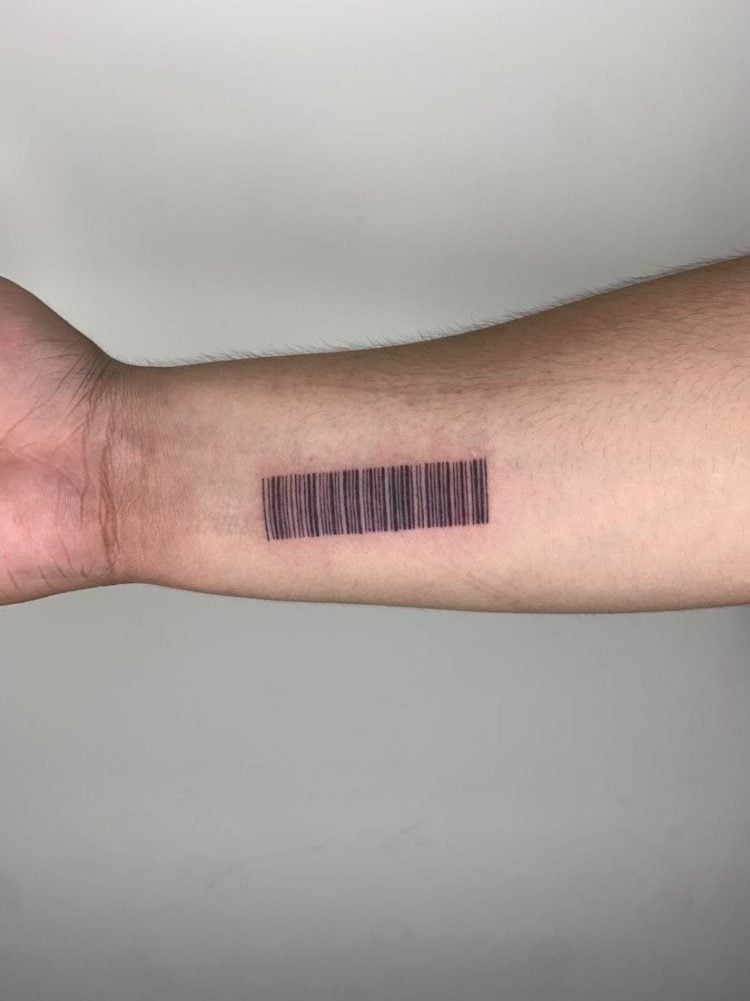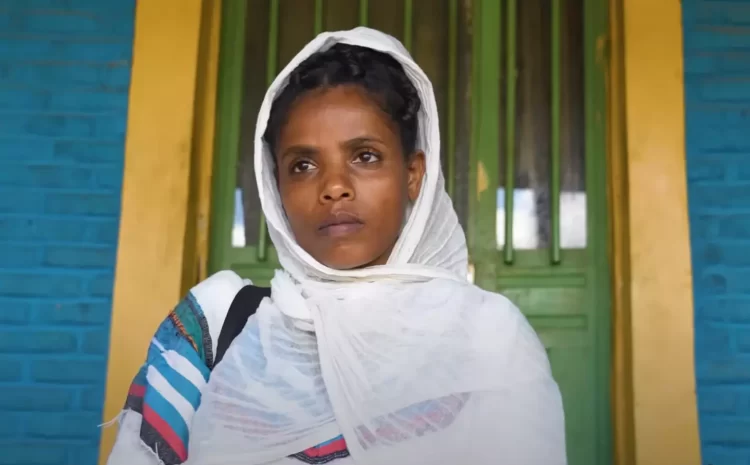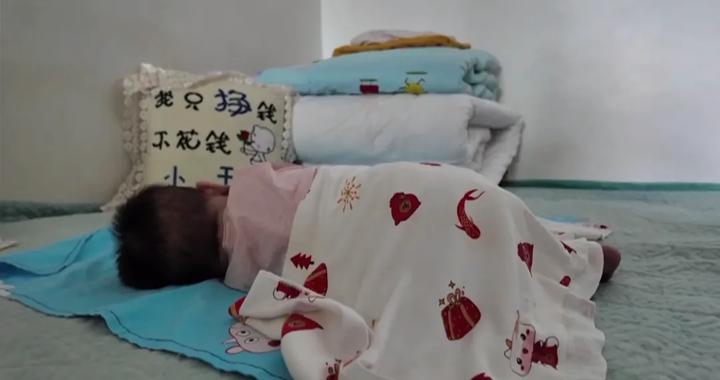Our online data is already monetized by several technology giants, but one Japanese IT company thinks real-life data could be monetized as well, and it’s willing to pay people to have their everyday life video-recorded and sold to various businesses.
Last month, Tokyo-based Plasma.inc made national news headlines for inviting people to take part in a controversial social experiment called “Project Exograph”. Participants must agree to have their living rooms, bathrooms, changing areas, kitchens and other parts of their homes wired with cameras that would film them continuously for roughly one month. At the end of the experiment, the footage will be edited in a way that would make it impossible to identify protagonists, and then sent to various companies to see if it can be monetized. Believe it or not, hundreds of people have already signed up for a chance to take part in Project Exograph.




















